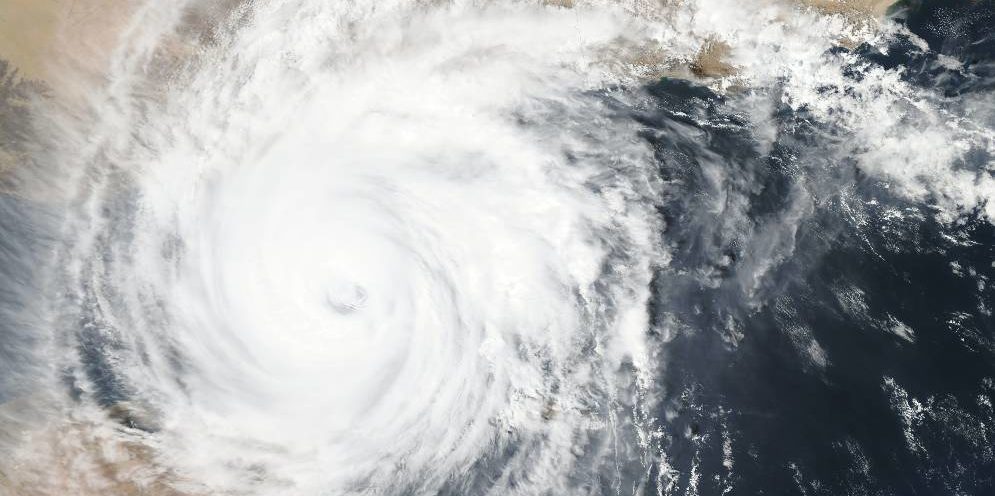Watching images the devastation left by recent hurricanes is, of course, disturbing. But imagine what it’s like watching all that destruction and suffering, while secretly knowing you bear responsibility for it.
It would be like watching media coverage of a murder while realizing that you have a bloodstained knife in your hand. You would be desperately trying to figure out how to discreetly dispose of that awkward utensil before anyone started connecting the dots.
We could call this “the knife-holder’s dilemma.” And it helps us imagine how oil company executives might feel watching horrifying scenes from Hurricane Ian, where survivors were warned to watch out for alligators in floodwaters.
Let me be clear: I’m sure that no oil executive wants to see anyone die from climate change.
But, for decades, those inside the boardrooms of the major international oil companies knew well that the burning of fossil fuels — the source of their multibillion-dollar profits — was driving climate change.
That fact is nailed down nicely in “The Petroleum Papers,” a new book by Alberta author Geoff Dembicki. He quotes from a trove of internal oil company documents that reveal how, for at least 40 years, Exxon executives deliberately covered up the “catastrophic” danger posed by fossil fuels — a danger confirmed by Exxon’s own internal research.
By now, most conscious humans know that burning fossil fuels causes climate change and that climate change is bad.
Yet, meaningful measures to stop fossil-fuel burning remain elusive — even amidst endless media footage of hurricane devastation.
Imagine if that footage were accompanied by headlines and commentary linking the horrific scenes to climate change — and then further linking them to Big Oil.
TV networks could, for instance, display split screens, with one screen showing hurricane destruction and the other showing Big Oil executives being pressed by reporters about how much their companies intend to contribute to the multibillion-dollar cleanup.
Fortunately for oil executives, that doesn’t happen.
Rather, media coverage sticks to the details of the climate ordeal unfolding, sometimes referring vaguely to how this is all part of some new climate reality — but with no knife in sight, and certainly no one holding it.
Rarely is there any sense of urgency conveyed about what we must do to stop this from getting even worse.
There’s lots of talk about how to rebuild more securely for future hurricanes, but little talk about how to slash the carbon emissions that cause all this disaster. They just keep rising.
We’ve moved from ignoring climate change, to denying it, to accepting it — without ever really trying to stop it.
When Hurricane Ian hit Florida with a wall of water last Wednesday, TV networks ran hours of coverage. But the first mention of climate change I saw came late in the day, when MSNBC ran a brief interview with climate scientist Katharine Hayhoe who pointed out that, yes, hurricanes have always happened — but they’re far more damaging now due to climate change.
Why aren’t there more such interviews? And why aren’t oil executives routinely put on the media hot seat whenever there’s a climate disaster — in other words, almost every day?
Oil companies bear huge responsibility for these disasters. It’s not just that they knew the truth and covered it up for decades.
It’s much worse. As Dembicki shows, they knew the truth, they covered it up, and — when that wasn’t enough, because the public was catching on anyway — they mounted huge disinformation campaigns, to throw the public off the trail.
They did this by subsidizing a massive network of think tanks and pseudo-experts who attempted to cast doubt on climate science — not by refuting it, but just by creating enough uncertainty about it in the public’s mind that politicians could get away with doing nothing.
Stunningly, while climate change threatens to render the earth no longer viable for human life, the role of oil executives in this epic tragedy remains out of the spotlight.
Even as our eyes remain riveted on the mayhem and death they’ve caused, we let them quietly discard the bloodied knife.
This column was originally published in the Toronto Star.



